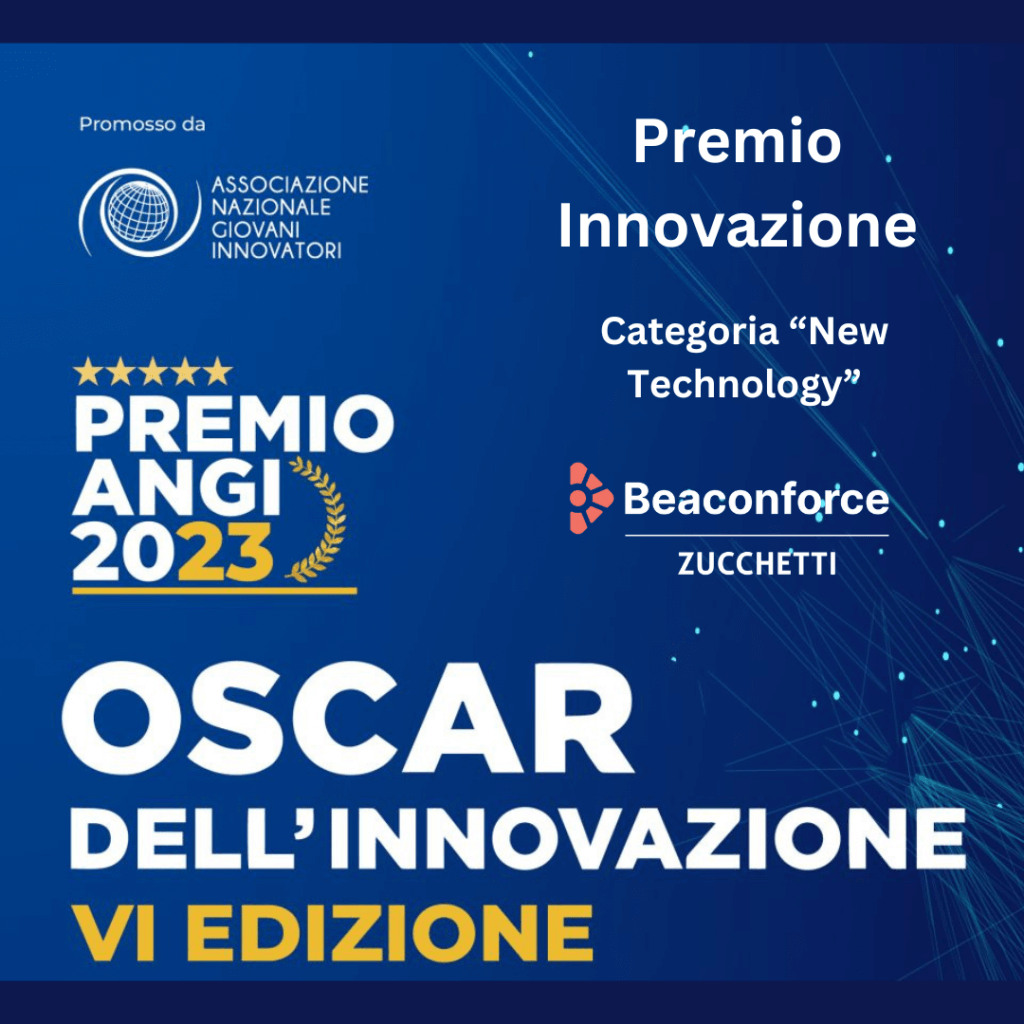OKR performance: can working towards objectives improve the well-being within the company? – interview with Matteo Sola
Published
April 12, 2022
Index
- In your opinion, how has the approach to evaluating employee performance in the company changed?
- In your opinion, how important is the practice of continuous feedback in this new normal? Is it still relevant? And can we finally say that an approach by objectives is being adopted also in Italy?
- Not everyone knows what OKRs are. You are one of the leading national experts on the OKR topic. And therefore you are certainly the most suitable person to explain to us what OKRs are and where this methodology comes from, which is today a topic of great interest in the world of HR.
- Staying on the subject of OKR, what are the biggest benefits of setting OKR goals? And, a question that many will be asking is, can OKRs be used at the same time as KPIs?
- Technology certainly affects certain aspects such as the speed and frequency of evaluation, and the support of new technologies based on more usable and gamified apps, also makes performance management more flexible and rapid, development-oriented. In your opinion, what was the role of technology in this change of approach and how much has it actually influenced the evolution of the role of HR and front-line managers?
- To conclude this interview Matteo, in your opinion, can the adoption of a methodology such as the OKR by a company, which has as its main objective in that of improving company performance and results, at the same time also lead to act positively and improve the well-being of people in the company?
OKR stands for Objectives and Key Results.
It is a company management method where a few important, clear and inspiring objectives are defined, to which measurable results are associated.
This method was initially developed overseas but to date, OKRs are the great revolution that Italian companies need.
Regarding this topic, and not only that, today we have the pleasure of interviewing Matteo Sola, who with Francesco Frugiuele wrote the first book on the subject in Italy.
Matteo is a Partner of Kopernicana, a consulting company in the field of organizational transformation and new way of working as well as HR Learning & Development Leader of Iliad Italia, and Ambassador and Subject Expert of Radical HR.
Hi Matteo, I would like to open this interview starting with the word ‘change’. The recent pandemic has rewritten priorities and ways of acting that seemed indisputable until recently, forcing people and businesses to rely even more on digital in order to work and communicate.
It is changing, perhaps now. There has been talk for some time about how to change performance management, but if I have to tell the truth, I still notice a few substantial changes. Its limits and defects are known, in addition to the considerable management cost of often ineffective and bureaucratic processes, but despite this, I see that there are still many realities that show profound difficulties in detaching themselves from the annual logic, in embracing continuous feedback and a perspective of development rather than mere evaluation and reward.
Continuous feedback is critical and even more relevant today, for at least two reasons. The first is that it has become an element that distinguishes between good and bad managers in their management of people, especially for new generations who thrive on feedback. The second is remote working, smart or hybrid work which in any case means there is no longer a central office. If we are remote, we need to design tools and processes that help us communicate and not make us lose our bearings.
We can say that in Italy we should embrace a goal-oriented approach and that we are doing it, but we are still at the beginning.
OKRs are often mistaken for the new system to manage people’s performance management, in reality, they are a method of managing corporate strategy and alignment around key priorities that was born several years ago first at Intel, then Google. They are therefore a tool for sharing strategy at every level, for enhancing execution and company performance (i.e. as an organizational complex) and as a development impact on people and teams, who around this priority system they can continually question themselves on how to improve their work.
OKRs strengthen a data driven mindset and do not contradict the KPIs we already have in the company, rather they integrate them. I believe that the greatest value that OKRs can bring is cultural change: greater internal transparency at all levels, clearer purpose, agility and involvement from below. Clearly these principles must, at least partially, already be present in the company or in any case one must want to go in that direction, otherwise it is very difficult for the OKRs themselves to work.
Technology is an important enabler today, particularly for large organizations. It needs to be well managed and well designed, otherwise bad user experiences will nullify many of our innovation efforts. Of course, from my point of view, technology is never at the beginning but at the end of a good strategy that starts with people and processes and is then effectively downloaded to the ground thanks to digital tools.
Matteo, as you know, Beaconforce is a deep listening tool, based on solid scientific foundations, which helps companies translate people’s voices into insights and predictive insights, creating more engaging, sustainable and performing work environments. The companies that choose us are innovative and cutting-edge, they care about the well-being of their people. Our tool allows companies to monitor the well-being of individuals, teams and, more generally, the health of the entire organization.
Absolutely yes. OKRs build a culture based on a few clear and timely goals. This enhances people’s ability to orient themselves, to clarify their role and purpose within the organizational context, not to get lost in the excess of non-strategic tasks, to interact effectively with others, grow and achieve better results. If all this is effectively implemented, it can only improve people’s well-being.
Thank you very much for this interview Matteo.
For those wishing to get deeper into these issues, we advise you to read “OKR Performance. Center the Objectives of your Organization” published by Ayros, in which Francesco Frugiuele and Matteo Sola have collected the testimonies of some leading companies in Italy. A practical and concrete guide to the best approach to this winning methodology.
Articles and news

